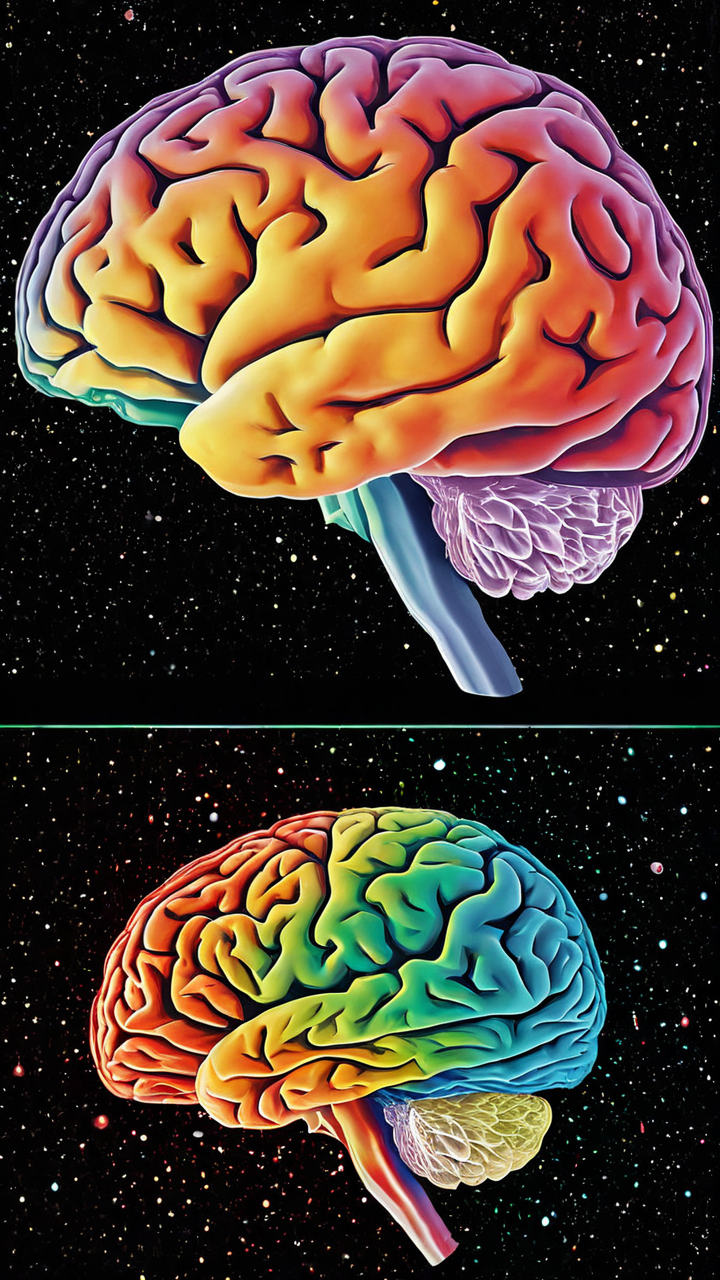
The Fine-Tuning Problem: A Universe Made for Us?
The fine-tuning problem in cosmology refers to the observation that several fundamental physical constants in our universe appear to be incredibly precise.
Slight alterations to these constants – the strength of gravity, the electromagnetic force, or the mass of elementary particles – would render the universe drastically different, likely incapable of supporting life as we know it.
This has led some to posit the existence of a creator or a multiverse. But is there a less theistic, yet equally improbable, explanation? Enter Boltzmann brains.
[Image: A stylized graphic depicting the fine-tuning of physical constants, perhaps with dials representing their values.]
The fine-tuning problem is a significant challenge for our understanding of the universe’s origins. It’s a mystery that has fueled countless debates and hypotheses, from multiverse theories to anthropic principles.
Understanding the nuances of this problem is crucial before diving into the Boltzmann brain hypothesis. For a deeper dive into the fine-tuning problem, check out this excellent resource: [Link to a reputable scientific article on fine-tuning].
What are Boltzmann Brains?
Boltzmann brains are a thought experiment arising from statistical mechanics.
In a universe with infinite time and space, random fluctuations could, in theory, spontaneously assemble a brain (or a “brain-like” structure) complete with memories and consciousness, seemingly “out of nowhere.
” These brains wouldn’t have a physical body or a history connected to a larger universe; they would simply pop into existence, fully formed and with subjective experiences.
The concept is named after the physicist Ludwig Boltzmann, whose work on statistical mechanics provides the theoretical foundation.
This idea is incredibly counterintuitive. It suggests that the vast majority of conscious observers in an infinitely large universe might be these fleeting Boltzmann brains, rather than beings like ourselves, products of a long evolutionary process.
The probability of a Boltzmann brain spontaneously forming is incredibly low, but in an infinite universe, even infinitesimal probabilities become realities.
Could Boltzmann Brains Explain Fine-Tuning?
So, how do Boltzmann brains relate to the fine-tuning problem?
But what if we look at this from a different angle?
The argument goes like this: if Boltzmann brains are possible, and if they are far more likely to form than complex universes like ours, then our existence might be a statistical anomaly.
We might simply be one of the exceedingly rare, highly improbable instances where a universe with fine-tuned constants happens to exist.
This doesn’t explain *why* the constants are fine-tuned; it simply suggests that our observation of a fine-tuned universe might be a selection bias. We only exist to observe it because a fine-tuned universe is a prerequisite for our existence.
A Boltzmann brain, however, could exist regardless of the physical constants.
This explanation is highly controversial and faces significant challenges. The sheer improbability of a universe like ours forming, even if Boltzmann brains are more common, remains a hurdle.
• the entire concept hinges on the assumption of an infinite universe, a hypothesis which is not definitively proven.
[Image: A conceptual illustration of a Boltzmann brain, perhaps a swirling nebula forming a brain-like shape.]
Criticisms and Alternatives
The Boltzmann brain hypothesis is not without its critics. Many physicists argue that the probability calculations involved are flawed, and that the conditions necessary for a Boltzmann brain to form are far more stringent than typically assumed.
The lack of empirical evidence further weakens its claim. Other explanations for fine-tuning, such as the multiverse hypothesis or anthropic principles, remain more widely accepted within the scientific community, despite their own limitations.
The Boltzmann brain hypothesis serves as a thought-provoking example of how seemingly improbable concepts can arise from established physical theories. It challenges our assumptions about the nature of reality and the probability of our own existence.
Conclusion: A Thought Experiment, Not a Solution
While the Boltzmann brain hypothesis offers a fascinating, albeit unconventional, perspective on the fine-tuning problem, it’s crucial to recognize its limitations.
It doesn’t provide a satisfying explanation for the fine-tuning itself, but rather suggests a possible, albeit improbable, reason why *we* might observe it.
The hypothesis remains a thought experiment, a testament to the strangeness and complexity of the universe, rather than a definitive scientific explanation.
Further research and exploration of both the fine-tuning problem and the underlying principles of statistical mechanics are crucial to unraveling this cosmic mystery.
Ultimately, the quest to understand our universe’s origins is an ongoing journey, filled with both established theories and mind-bending possibilities.



